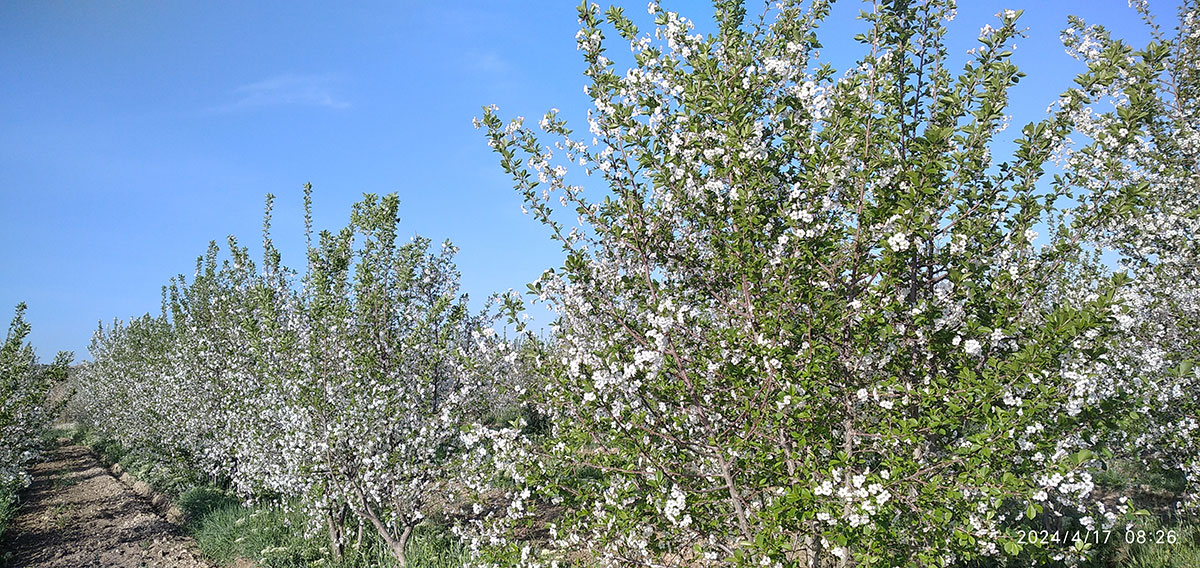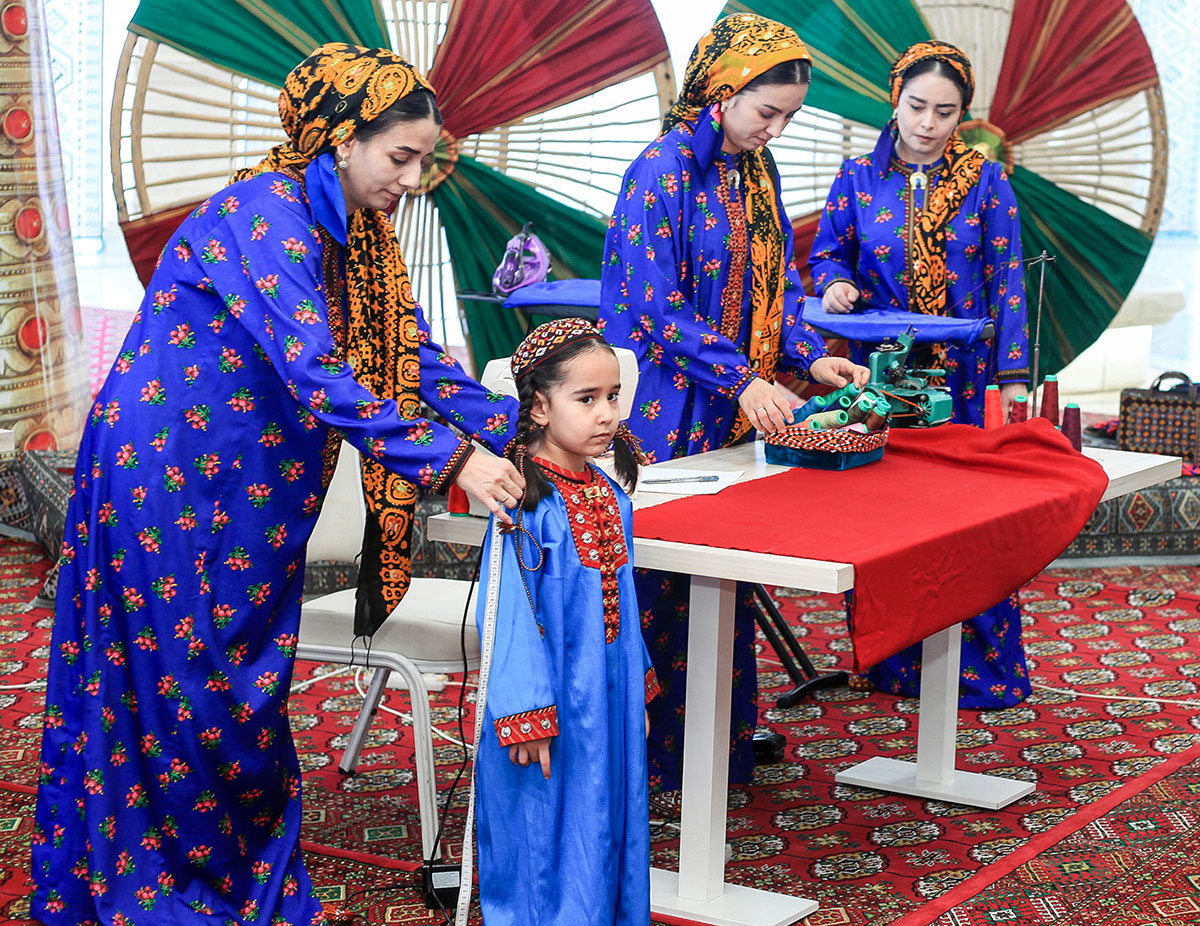It is difficult to list all the types of fruit, deciduous and ornamental trees grown at the Magtymguly Scientific and Production Experimental Center of the S.A. Niyazov Turkmen Agricultural University under the Ministry of Agriculture of Turkmenistan.
Here one can find cultivated and adapted to local climatic conditions tree varieties from almost all continents of the globe. Foreign scientists and breeders are systematically interested in the accumulated experience of specialists of this center. It should be noted that several varieties of persimmon, pomegranate, fig and grapes, adapted to local soil and climatic conditions as a result of the experimental work carried out here, have been awarded prizes at prestigious international exhibitions.
Year after year, the Center achieves good results in growing high-yielding varieties of fruit trees, which are then sent to horticultural farms in the country, as well as to research institutions for further study. Over the past years, the Center has conducted scientific tests on 419 grape varieties brought from Europe, Uzbekistan, Tajikistan, Iran and other countries.
The specialists of the scientific and production experimental center are true masters of their craft. They have created a pomegranate variety with a soft seed, which is not found anywhere else. There are hundreds of pomegranate varieties, 34 varieties of quince and pear, 92 varieties of fig and persimmon, 137 varieties of apple, 101 varieties of olive trees, 43 varieties of pistachio trees, 37 varieties of almonds on the territory of the center, which occupies an area of 734 hectares.
Recently, we spoke with B. Annaorazov, head of the scientific and production experimental center, and here's what he told us:
"Currently, we are conducting experiments on quince and cherry varieties that are grown in other regions of the country, as well as on grape varieties "Şaserpaý", "Änew", "Berkarar", "Galkynyş", pear varieties "Williams", "Etruska", peach variety "Samanta". In addition, we are conducting comprehensive scientific work on the approved topic for 2024-2026."








